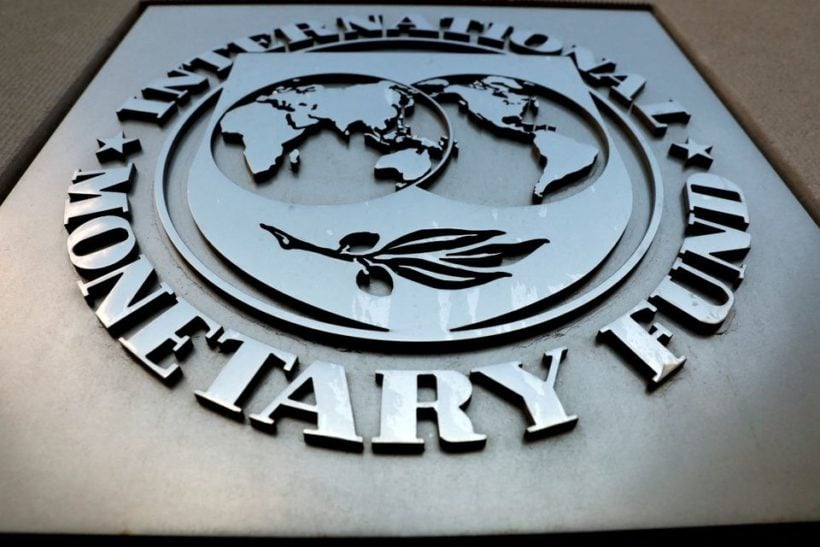
ACCRA, Nov 24 (Reuters) – Ghana is in high risk of debt distress and has agreed on a debt management strategy with the International Monetary Fund (IMF), finance minister Ken Ofori-Atta said on Thursday.
Ofori-Atta is in the midst of negotiating a relief package with the IMF as the West African country faces its worst economic crisis in a generation.
“The current debt sustainability analysis conducted reveals that Ghana is now considered to be in high risk of debt distress,” the minister told lawmakers during his presentation of the 2023 budget.
“Government and the IMF have agreed on programme objectives, a preliminary fiscal adjustment path, debt strategy and financing required for the programme,” he said, adding he hopes to reach a deal “very soon”.
He said the depreciation of the cedi GHS= was “seriously affecting” Ghana’s ability to manage its public debt, which has increased to $48.9 billion this year.
Ghana will implement a debt exchange programme to address the challenges, he said.
Economic growth is expected to slow to 3.7% of GDP in 2022 from 6.7% last year, and to slow further to 2.8% in 2023, he said.
Ofori-Atta has faced calls for dismissal from both the ruling party and opposition who accuse him of economic mismanagement. Last week he apologized for the country’s economic hardship but defended himself against their claims.
Ghana will impose a debt limit on non-concessional financing among other reforms, and will focus on using monetary policy to control inflation, which has exceeded 40%, the minister said.
The government will freeze new tax waivers for foreign companies and review tax exemptions for mining, oil and gas companies. It will also freeze hiring for civil and public servants, he said.
However, Ofori-Atta did not offer any cuts to spending on flagship programmes, and detailed a swath of infrastructure project expansions such as road expansion.
($1 = 14.0000 Ghanian cedi)
(Reporting by Cooper Inveen and Christian Akorlie in Accra; Additional reporting by Bate Felix in Dakar; Writing by Nellie Peyton; Editing by James Macharia Chege)

